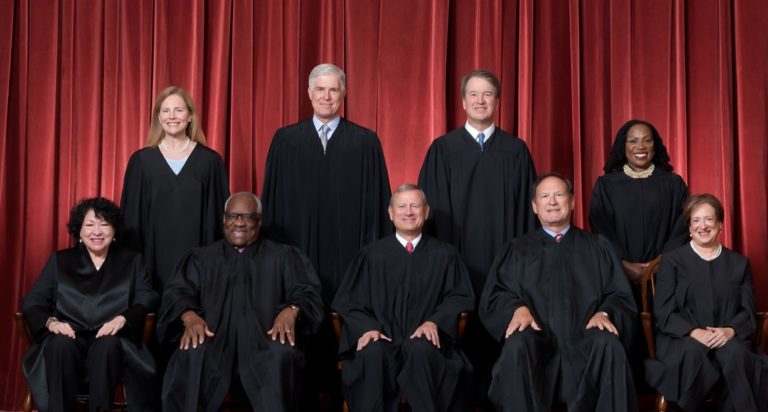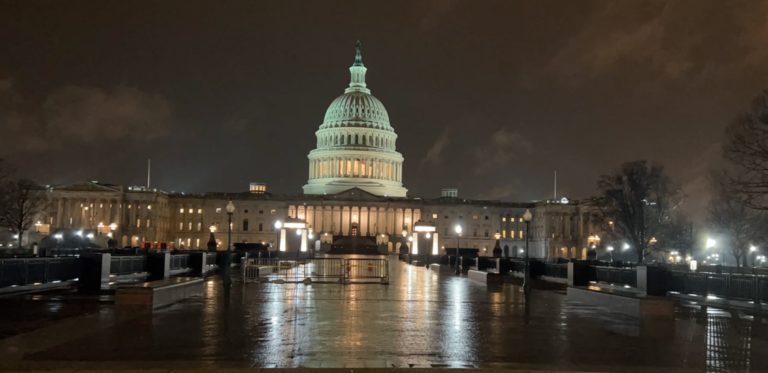The Alaska State Board of Education and Early Development has selected, and Gov. Mike Dunleavy has approved Susan McKenzie as the new commissioner for the Alaska Department of Education and Early Development. Heidi Teshner, who has served as acting commissioner since July, will return to her previous role as deputy commissioner.
McKenzie does not have to stand for confirmation from the Alaska Legislature.
“Ms. McKenzie has demonstrated a strong commitment to improving education and a vision for Alaska’s education system that aligns with the State Board’s strategic priorities and direction, especially in reading improvement. I look forward to working with her and Alaska’s entire education community to improve outcomes for all students, ” Dunleavy said.
“As an educator for 40 years, my life’s work has been to improve education for students, optimizing their achievement, leading to greater future choices. I’ve witnessed the pattern of failure to support students with evidence-based practices and have been desperately determined to affect change,” McKenzie said. “Our children deserve our best. Movement into higher leadership roles has been a blessing, and I’ve realized there is great alignment in my skill set and the service as Commissioner. I bring gained educational wisdom, Alaska experience and relationships, strong leadership, and knowledge of Alaska Department of Education and Early Development to use for such a time as this. I am a change agent for ineffective systems and practices. As a servant leader, I lead by example and will be involved with all groups, making changes needed to provide an excellent education for every student every day.”
The State Board of Education is looking forward to working with Ms. McKenzie in moving the state’s education priorities forward for all the kids of Alaska,” said Chairman James Fields, DEED State Board of Education. “Ms. McKenzie comes with a wide breadth of experience in education and leadership including rural Alaska experience.”
Ms. McKenzie currently serves as DEED’s Director of Innovation and Education Excellence. Previously she was a superintendent for eight years in the Gaston School District in Oregon. Prior to this she served as a principal in the Copper River School District in Glennallen, Alaska. Ms. McKenzie began her career as a teacher and special education teacher in Oregon.
She has a master’s degree in Education from University of Alaska, Fairbanks in Language and Literacy with a reading endorsement. She received her Bachelor of Science degree in Elementary Education and added a Special Education endorsement later. Her administrator licensing was completed at Portland State University in 2009 and renewed in 2015 at Concordia University Chicago.
Commissioner-designee McKenzie starts as commissioner on April 1.










